#BeFabFriday – The Seed Of Something Great Can be Found In Your Worst Work
Continue readingThe Power In Your Hands
#BeFabFriday – Your Writing Can Change Everything
Continue readingThe Rhythm Of Life
#BeFabFriday – Embrace The Passion Of Writing
Continue readingListen To What’s Inside You
#BeFabFriday – Tell A Story That Has To Be Told
Continue readingTrust Your Subconscious
#BeFabFriday – Trust Your Most Spontaneous Instincts
Continue readingMake Trouble for your Characters
#BeFabFriday – Trouble Makes For Great Stories
Continue readingYou’re Creating Life When You Write
#BeFabFriday – Don’t Forget That Writing Is Creating
Continue readingBelieve In Your Work
#BeFabFriday – You Have To Care About What You Write
Continue readingDon’t Waste Your Time
#BeFabFriday – Procrastination Is Your Enemy
Continue readingWork Out Your Story First
#BeFabFriday – Use Your First Draft To Work Out Your Story
Continue readingYour Alter Ego
#BeFabFriday – You Become Someone Else When You Write
Continue readingA Director’s Opinion On Writing
#BeFabFriday – Filmmakers See Scripts Differently
Continue readingEverything Including The Kitchen Sink
#BeFabFriday – Your First Draft Should Include Plenty That Can Be Cut
Continue readingNo Point Posturing
#BeFabFriday – You Can’t Hide Behind Your Title
Continue readingStop and Listen
#BeFabFriday – Listen To Your Characters
Continue readingA Friendly Reminder
#BeFabFriday – Get back to work!
Continue readingDon’t Procrastinate
#BeFabFriday – Waiting Is An Excuse
Continue readingLuck Is A Delusion
#BeFabFriday – May The Fourth Be With You
Continue readingGet Emotionally Invested In Your Work
#BeFabFriday – You Have To Become Attached To What You Write
Continue readingRead As Much As You Write
#BeFabFriday – You Can’t Create Without Understanding What’s Come Before You
Continue readingCharacter Examples
#WritingAdviceWednesday – The Final Chapter of my Copenhagen Workshop
Continue readingWriting Is A Workout
#BeFabFriday – Your Creativity Is A Muscle
Continue reading#BeFabFriday – Believe In Your Work
#BeFabFriday – Believe In The Importance Of Your Work
Continue reading#BeFabFriday – Love What You Do
#BeFabFriday – Writing Is Its Own Reward
Continue reading#WritingAdviceWednesday – Writing Exercises: Through Objects
#WritingAdviceWednesday – Describe One Thing and Define Another
Continue reading#BeFabFriday – Learn To be Disciplined
#BeFabFriday – You Have To Be Disciplined
Continue reading#WritingAdviceWednesday – Writing Exercises: In Times of Difficulty
#WritingAdviceWednesday – Creating Urgency
Continue reading#BeFabFriday – Get To Know Yourself
#BeFabFriday – Writers Have To Know Themselves Before Their Characters
Continue reading#WritingAdviceWednesday – So Scary That It’s Funny
#WritingAdviceWednesday – Finding the Humour in Horror
Continue reading#BeFabFriday – You Need Feedback #ETBSA
#BeFabFriday – Always reach out to those you can trust for feedback
Continue reading#WritingAdviceWednesday – Writing Exercises: Test Your Character
#WritingAdviceWednesday – Moving out of your comfort zone
Continue reading#BeFabFriday – The Joy of Writing #ETBSA
#BeFabFriday – Think of the joy of the job and nothing else #ETBSA
Continue reading#WritingAdviceWednesday – The Pitch South Africa #ETBSA
#WritingAdviceWednesday – View the finalists for The Pitch South Africa
Continue reading#BeFabulousFriday – Follow Your Heart
#BeFabFriday – Trust In What Your Heart tells You
Continue reading#WritingAdviceWednesday – Writing Exercises: Forgive But Don’t Forget
#WritingAdviceWednesday – Forgiveness is an action
Continue reading#BeFabFriday – There Are No Rules
#BeFabFriday – Ignore The Rules
Continue reading#BeFabFriday – Writing Is Your Friend
#BeFabFriday – Treat Your Writing Like A Companion
Continue reading#WritingAdviceWednesday – Writing Exercises: Picture Perfect
#WritingAdviceWednesday – Good stories have a central image
Continue reading#BeFabulousFriday – Don’t Doubt Yourself
#BeFabFriday – Doubt Kills Creativity
Continue reading#WritingAdviceWednesday – Writing Exercises: Learn From The Best
#WritingAdviceWednesday – Good writers read other good writers
Continue reading#BeFabFriday – Revel in Chaos
#BeFabFriday – Use Chaos To Your Advantage
Continue reading#BeFabFriday – You Are Your Own Worst Enemy
#BeFabFriday – Writing can bring out the worst in you
Continue reading#WritingAdviceWednesday – Writing Exercises: Dot the I’s and Cross the T’s
#WritingAdviceWednesday – Good stories are clear
Continue reading#MondayMusings – Let Your Writing Marinate
#MondayMusings – Letting scripts marinate and simmer
Continue reading#BeFabFriday – Silence can be deafening
#BeFabFriday – No need to speak up
Continue reading#WritingAdviceWednesday – Writing Exercises: Big Finish
#WritingAdviceWednesday – Memorable Endings
Continue reading#BeFabFriday – Have Courage
#BeFabFriday – Take a Deep Breath and Jump!
Continue reading#WritingAdviceWednesday – Writing Exercises: Make Room for Anxiety
#WritingAdviceWednesday – Remember A Room
Continue reading#BeFabFriday – Writing Allows Us To Change
#BeFabFriday – Out with the old, In with the new
Continue reading#WritingAdviceWednesday – Writing Exercises: What About You?
#WritingAdviceWednesday – Writer’s Block
Continue reading#BeFabFriday – Your Writing Is A Gift
#BeFabFriday – Your Work Is Every Bit As Good As A Christmas Present
Continue reading#WritingAdviceWednesday – Writing Exercises: Feelings First
#WritingAdviceWednesday – Memorable Movie Moments
Continue reading#BeFabFriday – Embrace Your Pain
#BeFabFriday – Write about the obstacles you’ve overcome
Continue reading#WritingAdviceWednesday – Writing Exercises: The Grand Reveal
#WritingAdviceWednesday – Reveals in a Story
Continue reading#BeFabFriday – We All Have To Start Somewhere
#BeFabFriday – Richard Bach didn’t Quit
Continue reading#WritingAdviceWednesday – Writing Exercises: Losing Control
#WritingAdviceWednesday – Getting Angry
Continue reading#BeFabFriday – Nothing Is More Important than Your Characters
#BeFabFriday – Characters over Plot, every time
Continue reading#WritingAdviceWednesday – Writing Exercises: Taking Out the Trash
#WritingAdviceWednesday – Taking Out The Garbage
Continue reading#BeFabFriday – Good Dialogue Takes Time
#BeFabFriday – Writing Good Dialogue Is Like A Fine Wine
Continue reading#WritingAdviceWednesday – Writing Exercises: Talk To Me
#WritingAdviceWednesday – Bubble Talk
Continue reading#BeFabFriday – Your Scripts Offer Something Unique
#BeFabFriday – Nobody Else Has A Voice Like Yours
Continue reading#WritingAdviceWednesday – Writing Exercises: Silence Is Golden
#WritingAdviceWednesday – Media Fast
Continue reading#BeFabFriday – Better Late Than Early
#BeFabFriday – Be Fashionably Late
Continue reading#WritingAdviceWednesday – Writing Exercises: On The Job
#WritingAdviceWednesday – Another day, another dollar
Continue reading#BeFabFriday – When Writers are Monsters
#BeFabulousFriday – There are more monsters off the page than there are on it
Continue reading#WritingAdviceWednesday – The Character Map: Fear
#WritingAdviceWednesday – Fear is a Writer’s friend
Continue reading#BeFabFriday – Seek Inspiration From Everywhere
#BeFabFriday – The world around you can be all the inspiration you need
Continue reading#WritingAdviceWednesday – Structure in Chaos
#WritingAdviceWednesday – There is always Order to be found in Disorder
Continue readingReading ‘N’ Writing
#BeFabFriday – If you want to write well, then you have to read.
Continue readingLove Is In The Air
#WritingAdviceWednesday – Kiss and Tell
Continue reading#BeFabFriday – Pursuit of Perfection is Pointless
#BeFabFriday – Don’t let the perfect stand in the way of the good
Continue reading#WritingAdviceWednesday – Writing Exercise: Risky Business
#WritingAdviceWednesday – Taking A Risk
Continue reading#BeFabFriday – Are You Willing Be A Poet?
#BeFabFriday – Love or Money?
Continue reading#WritingAdviceWednesday – Writing Exercise: Cars and Chairs
#WritingAdviceWednesday – On The Move
Continue reading#BeFabFriday – Is This The Real Life? Is This Just Fantasy?
#BeFabFriday – The difference between Reality and Fiction
Continue reading#WritingAdviceWednesday – Working with a Writing Partner
#WritingAdviceWednesday – It Takes Two To Tango
Continue readingJust Get On With It
#BeFabFriday – There’s No Secret To Writing, You Just Have To Write
Continue readingGiving Writing Notes on a Script
#WritingAdviceWednesday – Learning to offer effective criticism is just as important as receiving it
Continue readingHow Do You Eat an Elephant?
#MondayMusings – The value of incremental progress
Continue readingMore Than Just Words
#BeFabFriday – There’s more to writing than the words you put on the page
Continue readingTaking Writing Notes on Your Script
#WritingAdviceWednesday – Accepting notes gracefully and effectively
Continue readingSeize The Moment
#BeFabFriday – Don’t hesitate. Don’t deviate. Write when the moment takes you.
Continue readingPixar and Relatability
#WritingAdviceWednesday – Why must this story be told? Why is it meaningful?
Continue readingAbove All Else, Be Relentless
#BeFabFriday – Keep on keeping on!
Continue readingObjects as Symbols
#WritingAdviceWednesday – Precious things in stories
Continue readingYou Are Beyond Compare
#BeFabFriday – It’s pointless to compare yourself to others
Continue readingFilling the Well
#WritingAdviceWednesday – Refill the Well
Continue readingThe Magic of Ruthlessness
#BeFabFriday – Sticking to schedule is vital to success
Continue readingWhen Harry Met Sally – Breaking The Mold
#WritingAdviceWednesday – Emotion transcends Genre
Continue readingWhat’s Your World?
#BeFabFriday – Make your world real
Continue readingCut Cut Cut
#WritingAdviceWednesday – What you lose is just as important as what you keep
Continue readingWhy it’s important to be crap (at first…)
#BeFabFriday – Keep going. A crappy draft is the first step
Continue readingAdaptation Part Two
#WritingAdviceWednesday – Connecting a film’s characters to the story’s emotional core
Continue readingBe Bold. Be Brave. Be You.
#BeFabFriday – Be bold. Be brave. Be you.
Continue readingAdaptation
#WritingAdviceWednesday – Why all film adaptations should look like fish
Continue readingJohn Cleese on Creativity
The brilliant comedian tackles the serious subject of creativity.
Continue readingGreat Comedy Advice from Bill Hicks
#WritingAdviceWednesday – Comedy And Screenwriting Tips.
Continue readingThree Simple Keys to Writing Success
Writing is writing regardless of what kind of writing it is. Here are three key tips for success.
Continue readingUnspoken Communication
#WritingAdviceWednesday – It’s what’s not on the page that’s important.
Continue readingEgo vs Misson: Want vs Need
#WritingAdviceWednesday – Your calling is “the place where your deep gladness meets the world’s deep need.”
Continue readingAdvice from Script Lab on Scenes
#WritingAdviceWednesday – Great short tip on the key to a wonderful scene.
Continue readingZig Ziglar Rules for Success
#ThinkpieceThursday – Here are Ziglar’s top ten rules for success– with my comments on how they apply to writing.
Continue readingJ.K. Rowling’s Handwritten Plot Sheet
Always interesting to see how other writer’s think and conceptualize. Even more interesting when the novel is a hit.
Continue readingPost This Above Your Computer
Ten steps to becoming a better writer
Continue readingAdvice from Pixar and a Few Thoughts of my Own
Pixar story artist Emma Coats has tweeted a series of “story basics” over the past month and a half — guidelines that she learned from her more senior colleagues on how to create appealing stories. My thoughts are in parenthesis.
Continue readingAdvice from John Steinbeck
John Steinbeck, a Pulitzer Prize winning author (Grapes of Wrath) and Nobel laureate offers six basic tips on writing.
Continue readingWriting for Television Podcast from CineStory
Podcast from CineStory on Writing for Television
Continue readingIncremental Progress to Write One Novel or Screenplay a Year
#WritingAdviceWednesday – Cory Doctorow has his writing schedule down to 20 minutes a day. Here’s how he does it.
Continue readingApril 2012 – Writing Lessons from Norway
Here are three key take-aways from a workshop in Norway about common issues that make a film project less effective and less emotionally compelling.
Continue readingWriting Rules from Kurt Vonnegut
Story rules from a master.
Continue readingAverage Is Over
#WritingAdviceWednesday – I’ve distilled everything I know about story analysis into a short eBook.
Continue readingRepetition and Reflection
It turns out that just putting in hours and hours at your chosen writing work is not enough; the only way to get better is to make sure you’re devoting those hours to what the researchers call “deliberate practice.”
Continue readingVulnerability
I saw this speech by Brene Brown about vulnerability and fear on a Ted Talk. Everything she says applies to writing and is part of the Character Map eBook.
Continue readingCuriosity and Rigor: The Keys to Success
#WritingAdviceWednesday – An excellent video by Andrew Zuckerman about creativity, curiosity and success.
Continue readingWords of Wisdom from Francis Ford Coppola
#WritingAdviceWednesday – Always make your work personal, and you never have to lie
Continue readingCreating a Linguistic World
Advice for any writer who is creating an unfamiliar world– in another historical period or in a fantasy world or science fiction realm.
Continue readingTop Ten Writing Mistakes
#WritingAdviceWednesday – The Top Ten mistakes authors make in writing literature for children also apply to screenwriting.
Continue readingHoward Suber on Despair and Success
Here is a great video interview with Howard Suber in Japan talking about what makes a filmmaker successful–
Continue readingOscar Nominated PDF Screenplays Here
#WritingAdviceWednesday – Raindance has posted the 2010 and 2011 Oscar-nominated screenplays for both original screenplay and adapted screenplay.
Continue readingThe Coen Brothers on Screenwriting
#WritingAdviceWednesday – Here is some sage advice from the Coen Brothers.
Continue readingBLACK SWAN writer Mark Heyman will pen AGE OF RAGE
Mark Heyman, co-writer on BLACK SWAN, will write AGE OF RAGE with Marc Webb attached to direct.
Continue readingScreenwriting Iconoclast & Genius
#WritingAdviceWednesday – How “conventional wisdom” is often wrong in screenwriting.
Continue readingCineStory Competition
#BeFabFriday – Here is a guest post from a good friend and wonderful writer, Lisanne Sartor.
Continue readingDay Four at eQuinoxe
The function of film and television is not to provide a reflection of the world, but to provide a compensation for it.
Continue readingDay Three at eQuinoxe
Your antagonist is your protagonist’s main adversary. This person is not necessarily evil or bad, but he or she is a significant obstacle to your main character’s goal.
Continue readingDay Two at eQuinoxe
When a script isn’t working well, isn’t as compelling a read as it should be or has some kind of emotional disconnect in the story the problem is usually the lack of a clear compelling and well-developed Want, Need or Price.
Continue readingJumping Off a Cliff
I am always talking about characters taking a Leap of Faith in a story. But I have been a bit hesitant about making my own. The cliff I am contemplating right is moving to Europe to live and work for a year, possibly longer.
Continue readingHow to Use Byron Katie’s Four Questions
Yesterday I posted Byron Katie’s four questions. These questions get at the fear and fearful thinking that causes personal suffering. As many of you know the best definition of fear I have ever heard is: “Fear is the anticipation of grief.” Anticipating something often makes it true– That’s where the saying “a self-fulfilling prophecy” comes from. Here is how to use the questions in fictional character development:
1. Is it true? Every character has a specific view of the world, of themselves and of their role in the role. This is based on the person’s Character Type. These beliefs and or philosophies limit the character in some profound way. For example, a Power of Truth character believes that the world is fundamentally uncertain. These characters believe life is filled with hidden pitfalls, secret agendas and you can’t really trust in or believe anything.
When operating out of fear these character doubt everyone and everything. They don’t even trust themselves– second-guessing every decision, doubting themselves and others. Mickey Sachs (Woody Allen) in Hannah and Her Sisters at his most anxious neurotic state is a great comic example of the Power of Truth Character Type. Mickey says:
“…I really hit bottom. You know, I just felt that in a Godless universe, I didn’t want to go on living. Now I happen to own this rifle which I loaded, believe it or not, and pressed to my forehead.”“And I remember thinking… I’m gonna kill myself. Then I thought… What if I’m wrong? What if there is a God? I mean after all, nobody really knows. But then I thought, no. You know, maybe is not good enough. I want certainty or nothing.”
“…I really hit bottom. You know, I just felt that in a Godless universe, I didn’t want to go on living. Now I happen to own this rifle which I loaded, believe it or not, and pressed to my forehead.”
“And I remember thinking… I’m gonna kill myself. Then I thought… What if I’m wrong? What if there is a God? I mean after all, nobody really knows. But then I thought, no. You know, maybe is not good enough. I want certainty or nothing.”
Mickey nearly shoots himself but the gun slides off his forehead and he escapes in the resulting mayhem. He run into the street, walks for hours and then retreats into a movie theater where a Marx Brother’s movie is playing.
“…I went upstairs to the balcony, and I sat down and, you know, the movie was a film that I’d seen many times in my life since I was a kid, and I always loved it. And, you know, I’m watching these people up on the screen, and I started getting hooked on the film, you know?”.“…And I started to think how can you even think of killing yourself? I mean, isn’t it so stupid? Look at all the people up there on the screen. You know, they’re real funny, and, and what if the worst is true?”.“…What if there’s no God, and you only go around once and that’s it? Well, you know, don’t you want to be part of the experience? You know, what the hell, it’s not all a drag.”
I’m thinking to myself, geez, I should stop ruining my life… searching for answers I’m never gonna get, and just enjoy it while it lasts. And… I mean, you know, maybe there is something. Nobody really knows. I know, I know maybe is a very slim reed to hang your whole life on, but that’s the best we have. And… then, I started to sit back, and I actually began to enjoy myself.”
Four Questions from Byron Katie
These four questions get at the fear and fearful thinking that causes personal suffering.
Continue readingAdvice from David Mamet
I stumbled on a great letter David Mamet wrote to the writers of The Unit. It’s really useful advice for any writer of any script in any genre.
Continue readingMake a Plan
Managing our time needs to become a ritual too. Not simply a list or a vague sense of our priorities. That’s not consistent or deliberate. It needs to be an ongoing process we follow no matter what to keep us focused on our priorities throughout the day.
Continue readingTake Care of Your Characters
If you understand each of the characters in your script on a deep emotional level the world and plot will take care of itself. Here’s how.
Continue readingAre You Living a Default Future?
Here’s how to spot old attitudes, emotions, behavior patters and actions that sabotage you and a great exercise to clear you mind for successful writing.
Continue readingJoyce Carol Oates: Why We Write
#BeFabFriday – Life has no meaning without the narrative we construct around it.
Continue readingWrite Every Day
Here’s how to put Martin Scorcese’s philosophy into practice every day. Below is a FREE LESSON from the One Hour Screenwriter eBook.
Continue readingJohn Updike – Writing Routine
An interviewer asked Updike, about his writing routine: You’ve said that it was fairly easy to write the Rabbit books. Do you write methodically? Do you have a schedule that you stick to? Updike answers with a full explanation of his routine
Continue readingJohn Updike – Novel to Movie Adaptations
When looking for a novel to adapt, look for a story that has a strong external narrative. Find a story in which a character’s actions lead to specific external consequences with real impact and which effect important transformation in the character or others.
Continue readingNeil LaBute on Rewriting
#WritingAdviceWednesday – Never say in words what you can say with action
Continue readingStick To It – Reward Yourself
Nick Schenk scored big with Gran Torino after over ten years of struggle, rejection and near-misses. How does someone– anyone– keep motivated in the face of impossible odds, daunting circumstances and a crushing lack of validation. Here’s how.
Continue readingWriting Routine
I discovered a great website that discusses how various writers and artists approach their work and organize their day. Below is a discussion of the simple method Anthony Trollope used to write forty-nine novels in thirty-five years!
Continue readingComing of Age Films and Power of Idealism
#WritingAdviceWednesday – Coming of Age films, as I define them, are Power of Idealism films.
Continue readingEmotional Status Quo
Too often characters seem to have emotional amnesia, especially when off stage for a couple of scenes. What’s a character’s emotional status quo? It’s the emotional temperature of the character when he or she enters a scene.
Continue reading#WritingAdviceWednesday – Making It Personal
#WritingAdviceWednesday – Quit obsessing and start writing.
Continue readingIdeas in the Air
A question I frequently get asked is: “What if someone steals my idea?” The fact is, you cannot protect an idea. You can only protect the expression of the idea. Your unique expression or individual point of view is what makes any of your script ideas valuable or protect-able.
Continue readingMake the Strongest Choice
Always ask yourself– What would make the situation more impossible? What would torture your character more intensely. Then make the strongest choice. Ramp up the conflict. Make it more personal. The higher the stakes for the character the more the audience cares about what happens next.
Continue readingThird Cocktail Question
 Finishing up with the third cocktail question: “Would you like to hear a great idea for a movie?” For some reason, when people know you are a screenwriter they feel compelled to tell you their story or ask your opinion on their idea.
Finishing up with the third cocktail question: “Would you like to hear a great idea for a movie?” For some reason, when people know you are a screenwriter they feel compelled to tell you their story or ask your opinion on their idea.
As you are listening, realize you are sitting in the place of a beleaguered studio executive. What can you learn from this experience?
Always listen to the idea carefully because it’s a great opportunity to learn two of the most valuable lessons about pitching. Pretend you listen to screenplay ideas for a living.
First, notice the person isn’t nervous. They are simply sharing something that they are interested in and feel passionate about. They are hoping you will like the idea but the fun is in just communicating the it. That is the greatest lesson of pitching. Don’t go into a pitch meeting with the expectation or desire to sell the pitch. Just enjoy sharing your story. That goes a long way in eliminating nervousness. Have fun. Make it fascinating cocktail conversation.
Second, keep it short and punchy. You want a strong opening, a series of interesting complications and a satisfying payoff. That’s it. Any more than ten to fifteen minutes is overkill. Einstein once said” “If you can’t explain it briefly and simply, you don’t understand it well enough.” And he was talking about physics! The best thing you can get anyone to say in a meeting is: “Tell me more.” Then you have permission and the interest and attention to elaborate. You don’t want someone looking at the watch and thinking: “Get to the point already.”
Isn’t that what anyone wants in a cocktail conversation: A fun story that is mercifully short. Get in. Get out. Leave them wanting more.
Ugly Betty
 A Successful and Proven Format
A Successful and Proven Format
The Ugly Betty (Yo soy, Betty la Fea) telenovela has translated successfully around the world and the recent American version garnered Golden Globe, People’s Choice, and Writers Guild Awards for best new series as well as a best actress Golden Globe for America Ferrera.
What makes the Ugly Betty format so successful with audiences world-wide? How can the US show avoid the story problems and resulting audience downturn that bedeviled the equally popular Lost and Desperate Housewives in their second seasons? This month I’ll look at the challenges Ugly Betty faces going forward.
Ugly Betty (Yo soy, Betty la Fea) is about the two lives of Betty Suarez, a bright but beauty challenged college graduate. She lands a job with the ultra slick Mode Magazine in New York City but lives with her struggling Mexican-American family in Queens. Betty commutes between these two very different worlds.
The Danger: Repeating the Mistakes of Lost and Desperate Housewives
Lost and Desperate Housewives were also highly original shows on ABC that had acclaimed premiere seasons. In the second season neither show stayed true to the essential story elements that initially captivated viewers. Straying from their emotional cores defused the power of each show. As a result, each show lost viewers and dropped in the ratings in its second season.
Is Ugly Betty in danger of repeating that mistake as its first season draws to a close? What are the first signs of this potentially problematic trend?
According to Nielsen numbers, the pilot started the show off at a high of 16.09 million viewers. Ugly Betty then settled comfortably into the 13+ million to 14+ million viewer range. In the last four episodes viewers have slid generally downward, dipping to 10.80, to 10.50, and 9.5 million viewers respectively then up slightly to 9.6 million viewers.
Does this signal growing dissatisfaction as viewers tune out? Why might the audience be disengaging from the show? How can this be corrected? Here is my analysis:
1. Identify the Classic Story Elements
Betty is portrayed as a Power of Love character in the series. (In my view of television and film there are Nine Character Types, each with their own internal values, worldviews and emotional journeys.) Stories driven by the Power of Love (and all love stories, romantic and otherwise) are about assimilation.
Immigration stories are also assimilation stories: whether it is a story of Algerian immigrants in France, Indian families in Britain, Mexican immigrants in the US, or rural workers migrating to city jobs in China. These stories start the same way all love stories start— the two parties can’t stand each other! They view each other with mutual dislike and suspicion.
There is a clash of cultures, attitudes and beliefs. Each party fears the other will somehow overwhelm or destroy their core identity. This is what is at issue with banning of Muslim headscarves in France, controversies about Spanish language usage in the US and economic turmoil in China.
Power of Love stories ask, as Ugly Betty asks: How much must I change, adjust or compromise to accommodate you (or to fit into your culture) before I totally lose myself? How much can I demand that you adjust, change or compromise to accommodate me, before you lose who you are?
In Ugly Betty our heroine enters the epitome of Anglo culture and its defining arbiter of beauty and success, Mode Magazine. She comes armed with her Mexican immigrant values of family, community, hard work and sacrifice. Two sets of cultures, attitudes and beliefs immediately are at war.
Over the course of an assimilation story (or a love story) the parties are continually forced together and, as they are compelled to deal with each other, they exchange gifts. Each has something the other lacks or offers something new or really useful to the mix.
In Ugly Betty, Mode Magazine offers Betty a gateway into the dominant Anglo culture and all the success, status, wealth and acceptance that assimilation brings (the American Dream). Betty brings honesty, authenticity, devotion to family and real care for others to a world that has lost much of its heart and soul.
2. Sharpen the Central Focus
The central focus of Ugly Betty should be Betty herself. Supporting cast should do just that—support Betty’s story. The show is not about Daniel Meade’s (Eric Mabius) struggle to accept his brother’s new identity, Daniel’s desire to hold onto his position at Mode Magazine or a murder mystery. These storylines are only of interest if they push Betty’s story forward.
Every member of the audience looks at the world and sees himself or herself at its center. That’s why even ensemble shows should have one individual who is at the center of the story’s emotional universe. (Carrie Bradshaw, played by Sarah Jessica Parker in Sex and the City or Ray Barone, played by Ray Romano, in Everybody Loves Raymond). That person should define the world and the emotional playing field for all the other characters.
Betty is our heroine. The audience identifies her as the center of this story universe. Every plot line, dramatic twist or comedic situation should revolve around or reflect back on Betty. Each circumstance and situation should sharpen and clarify her essential dilemma and further illuminate her emotional journey. If a storyline does not do that it should be reframed or jettisoned as quickly as possible.
The transgender story of Alexis Meade, (Alexander Spencer Meade) played by Elizabeth Penn Payne currently is a distraction. As this story line pulls emotional focus away from Betty, the audience’s connection with her journey weakens and they begin to lose interest in the show. It doesn’t matter how outrageous, surprising, or interesting this storyline is, unless it reveals Betty’s journey more clearly, it is a diversion that dilutes the emotional focus of the show.
3. Clarify the Core Story Questions
All story elements in Ugly Betty should help to spotlight Betty’s internal conflict. The problems at issue for Betty are the classic quandaries in any Power of Love story (or any story about assimilation, romance or partnership). These questions are:
Who I am vs. Who you want me to be?
How much of myself should I change to be accepted or to get along with you?
How much should I expect you to change?
What happens if I grow and change too much?
What happens if I don’t grow and change enough?
Will others tolerate my transformation or reject me?
What will I sacrifice for love or friendship?
Will you still need (or love) me if you aren’t dependent on me?
How independent and self-sufficient should I be?
Mode will change Betty and Betty will change the people at Mode. How much can each change before their core identities are lost? As Betty changes how does this create conflict within herself and within her family, who may not recognize, like, or want to accept the changed Betty?
This transformational struggle is why we tune in. It is a story as old as time. It is the universal bedtime story about the country mouse and the city mouse. Once this process of change begins, things can never be as they were. You can’t unring the bell. You can’t go back again.
4. Aim for the Heart
One of the best things about Ugly Betty is also potentially its greatest weakness. Mode’s glamorous setting and outrageous style is a fresh and funny counterpoint to Betty’s struggling family and her working class world in Queens. Her warm, genuine and caring character is wonderfully showcased against the cold, artificial and ultra-competitive world of Mode.
A show’s tone is always a question of balance. Right now it seems that the balance is straying too far off the mark. Too high a premium seems to be placed on outrageous behavior and outlandish situations. When humor is based on situations, the situations have to continually get crazier to keep raising the stakes.
As the show becomes more flamboyant and more camp the tone threatens to overshadow and overwhelm the show’s sincerity and heart. Humor that is generated by extreme circumstances or bizarre situations doesn’t dig deep. It settles for the easy laugh and, over time, can seem cartoonish.
It is Betty the audience cares most about. Her appealing warmth, generosity and authenticity are the reasons the audience tunes in week after week. They want to know her better and are eager to see how it will all work out for her.
The tone and style of the show is only useful if it makes Betty seem more “real” and makes her personal dilemmas feel more urgent. Betty needs to drive the show and not merely react to the outrageous goings-on.
5. Amp Up Family Conflict
The comedy in the show should come from true conflict between the characters.. A huge opportunity is being missed in the Suarez household. Outside of a few brief confrontations, no one has any serious issues with each other. There are great potential battles to be fought in Queens.
When Betty leaves her working class neighborhood and enters the glamorous world of her professional career, her family is proud of her. But they must also be keenly aware that she is leaving them behind in the most fundamental way. Betty will inevitably be changed by her experiences. Even in the most loving families this change causes feelings of inadequacy, loss, rejection, resentment and jealousy in those left behind.
Changes in Betty should trigger changes in her family. What happens if Hilda, played by Ana Ortiz, or her son Justin, played by Mark Indelicato, steps up and takes Betty’s place in the family? Betty will feel those same feelings of inadequacy rejection, loss, resentment and jealousy her family is experiencing. Betty’s role in the family was always as a caregiver. What happens when the role passes to someone else—because she isn’t there to fill it? Who is Betty Suarez then?
It is a mistake to make the Suarez family Betty’s safe haven. It takes endless comedic possibilities off the table. Comedy comes from pain. (“If it don’t hurt it ain’t funny”). If Betty is beleaguered on all sides it makes her situation much more painful and much funnier. Comedy makes characters more vulnerable. Betty is not at risk enough with her family.
In general, acceptance comes much too easily in this family. The Suarez family is more tolerant and well adjusted than any family I’ve ever met. The audience’s families are much more difficult and dysfunctional. Comedy comes from conflict.
Acceptance in real families comes hard and at a very high emotional price. People really have to struggle to accept things, people or situations they don’t understand, didn’t plan for or didn’t want in the first place. The more the Suarez family struggles with acceptance issues between all members of the family the more painful and the funnier the story will be.
6. Strengthen the Pull of Queens
Betty needs a strong love interest in Queens. She needs to meet a man who represents all the things she would miss if she leaves the neighborhood lifestyle behind. This love interest should be an appealing, warm-hearted and a hunky kind of guy. He should also be the kind of guy who would feel tremendously uncomfortable and completely out-of-place in her professional world.
Arthur, played by Kevin Sussman, had the discomfort factor but he wasn’t a strong enough pull on Betty’s affections. He was geeky, jealous and unfaithful. Choosing her career and losing Arthur was never a heart-breakingly difficult choice for Betty.
What would happen if Betty met and fell in love with another neighborhood guy, a wonderful salt of the earth kind of man cast in her father’s mold? Losing a guy like that could be a heart-breakingly difficult choice. Such a man could represent a real threat to Betty’s professional aspirations and could provide a strong argument to find less demanding work closer to home.
Would Betty give up a wonderful loving marriage, children and a comfy Queens home of her own for a career at Mode? Would she try to have both? What happens if there is a crisis with Daniel and a crisis with the man she loved?
These choices could provide an endless source of conflict and comedy. Right now there are no strong, compelling and believable counter-forces pulling Betty away from Mode and back toward Queens. Betty’s new possible love interest, Henry, played by Christopher Gorham, pulls Betty toward the world of Mode, not away from it.
7. Make it Specific
The show seems to define the Suarez family generically as Latino. Very little is made of the fact that the family is Mexican-American. There are rich comedic possibilities to be mined in fully exploring the foibles and follies of that very particular identity. Why bland their background out?
Why be generic when you can be specific? What makes Mexican Americans funny as opposed to what makes Cubans, Puerto Ricans, Dominicans, Colombians or Guatemalans funny? Why not exploit the rivalries, prejudices, reputations and stereotypes that exist between diverse Spanish speaking people? Great writing is about specificity. A great comedic opportunity is being missed here. Even better– It is one that is fresh to network television.
8. Shore Up the Audience
Ugly Betty is a wonderful show that can easily reverse any potential downturn. The show can gracefully sidestep the mistakes that rattled Lost and Desperate Housewives second season ratings. What Ugly Betty needs to do is to fully explore the show’s fundamental story questions, keep Betty front and center in any plot twist or story complication, make the tone secondary to the show’s heart and fully mine all the natural conflict on both sides of Betty’s world. Do that and the audience will keep coming back for more next season and beyond.
A very successful long-running Power of Love story was Everybody Loves Raymond. In that show, Ray also moved between two worlds. He was pulled between the world of his childhood family (and his mother’s demands and expectations) and the world of his own adult family (and his wife’s demands and expectations). Raymond was besieged on both sides for almost 10 years. The show was one of the most critically acclaimed sit-coms of its time.

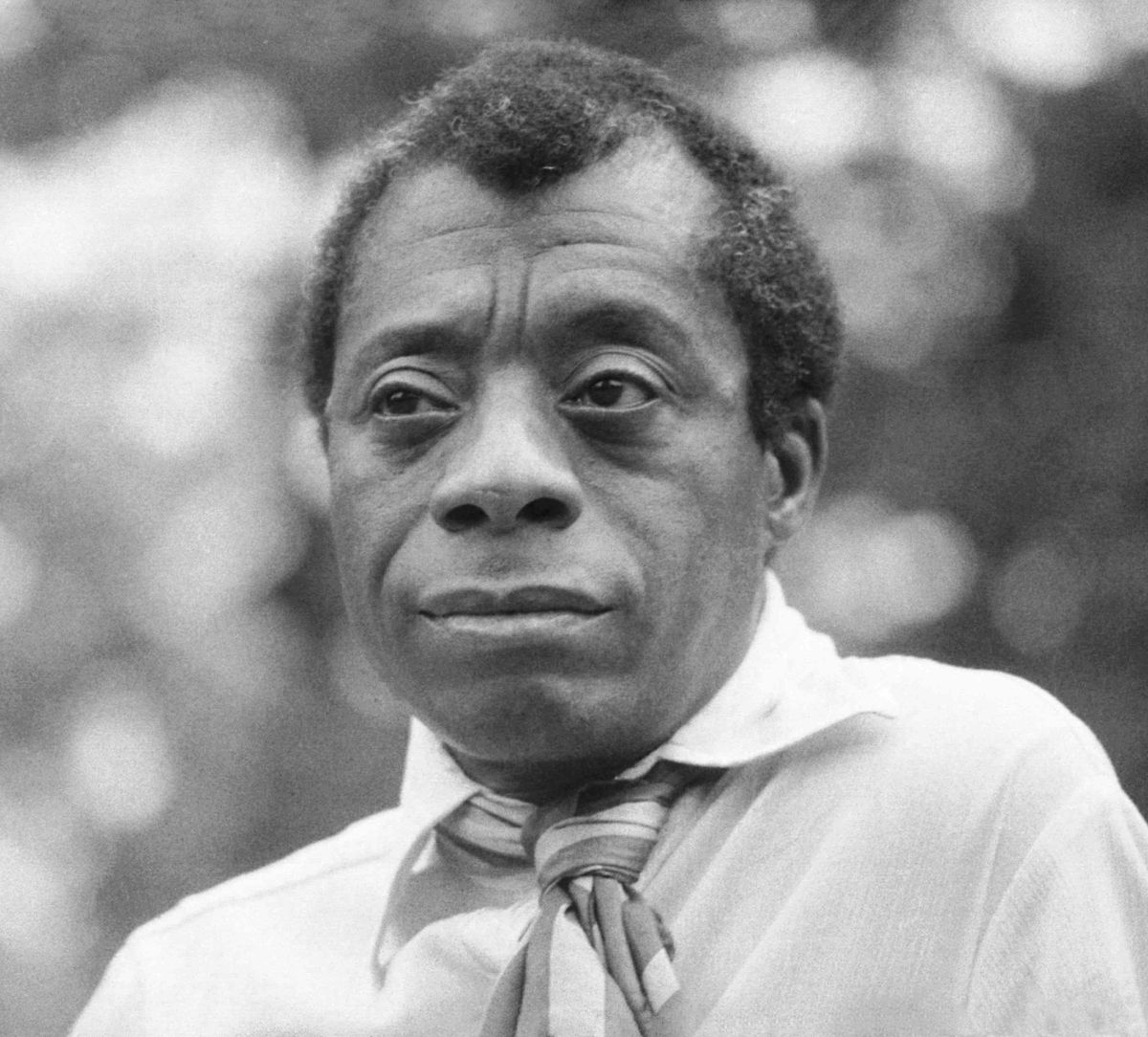
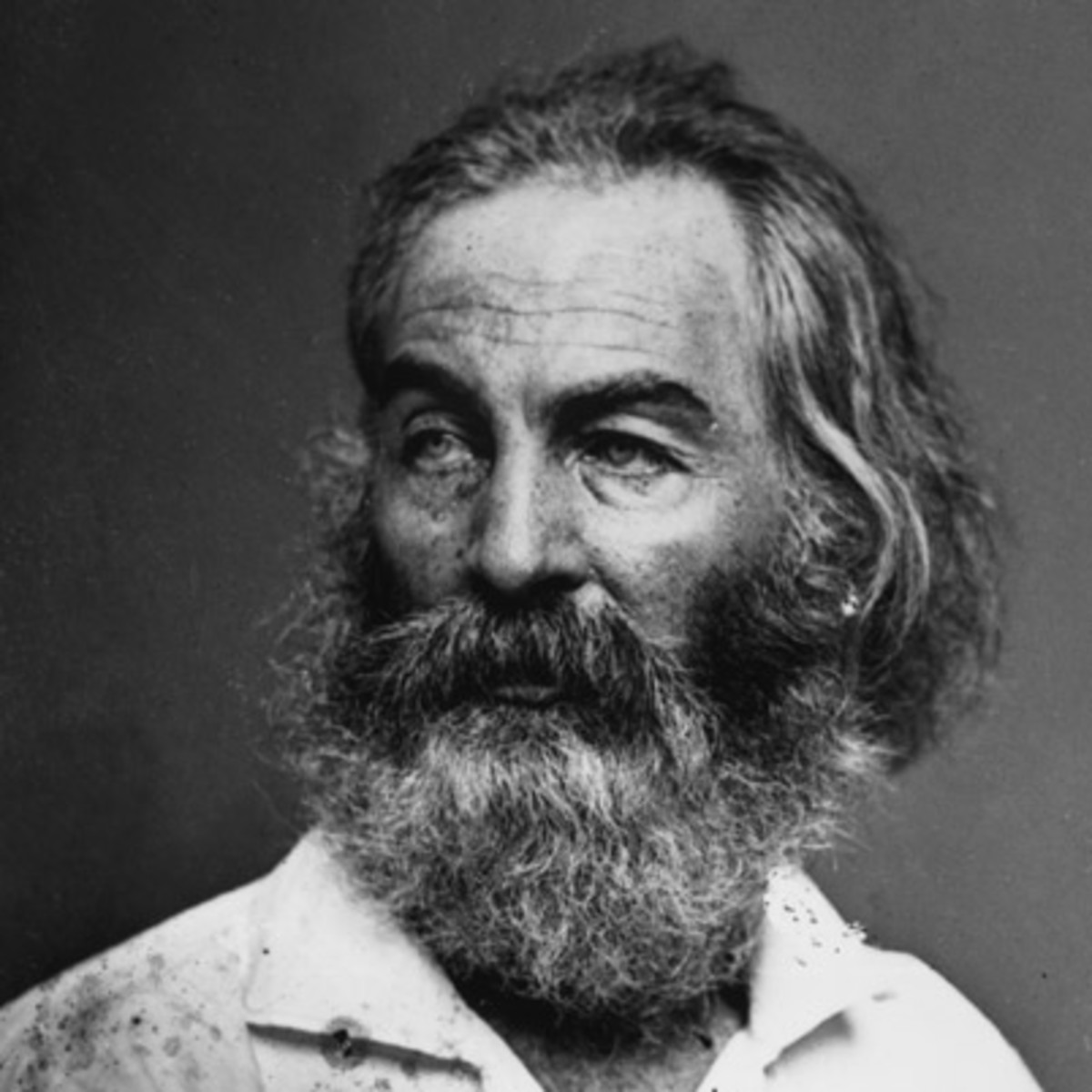

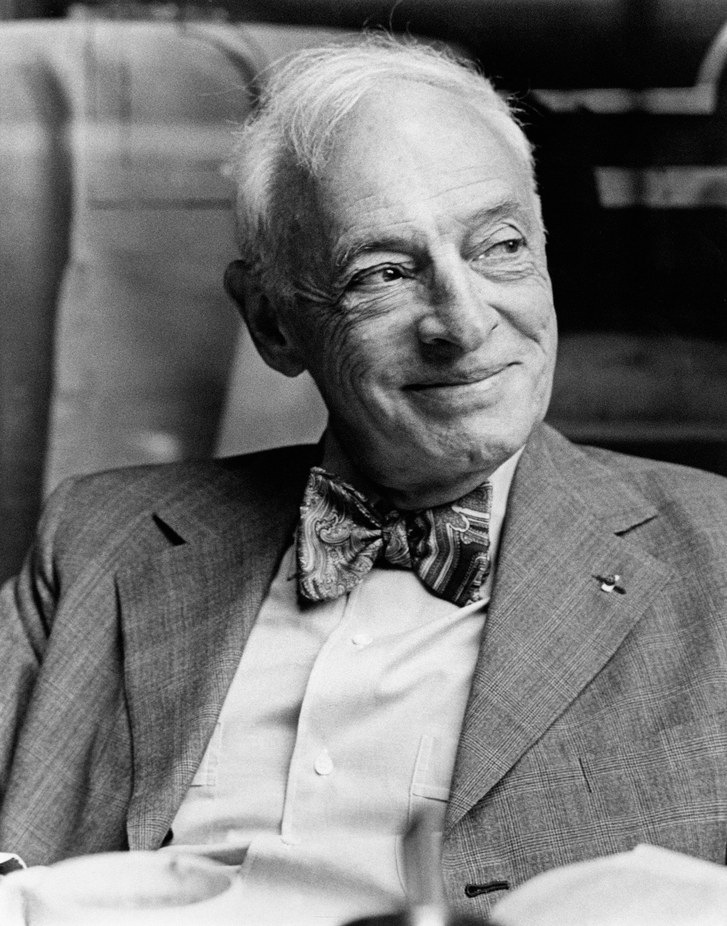




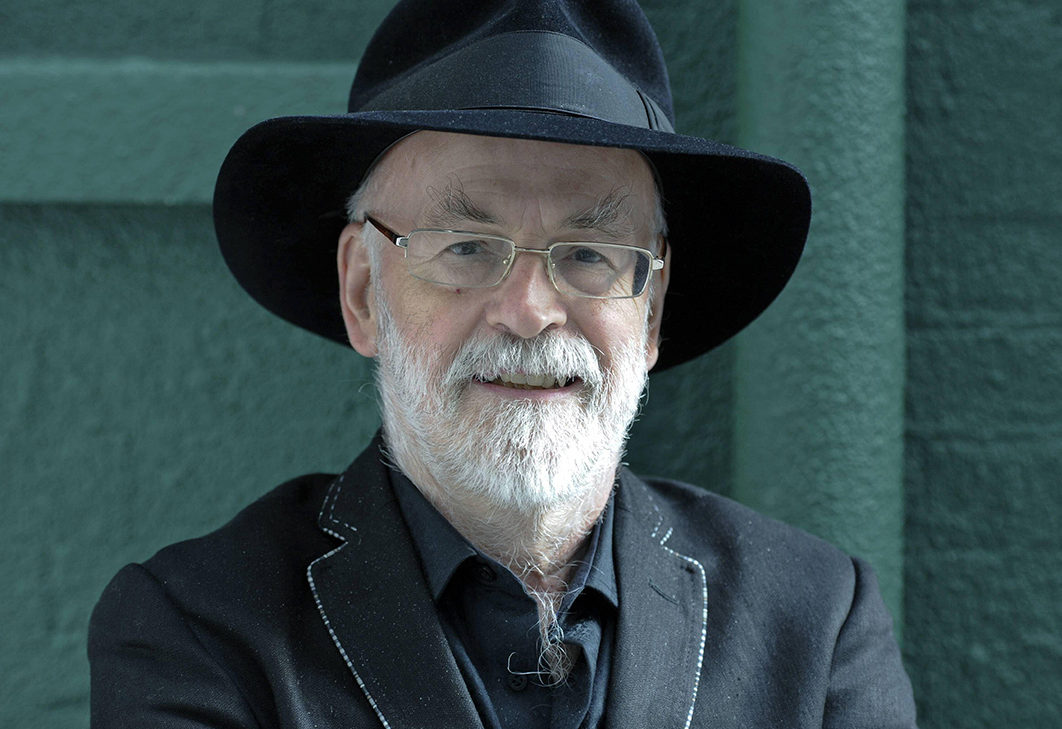

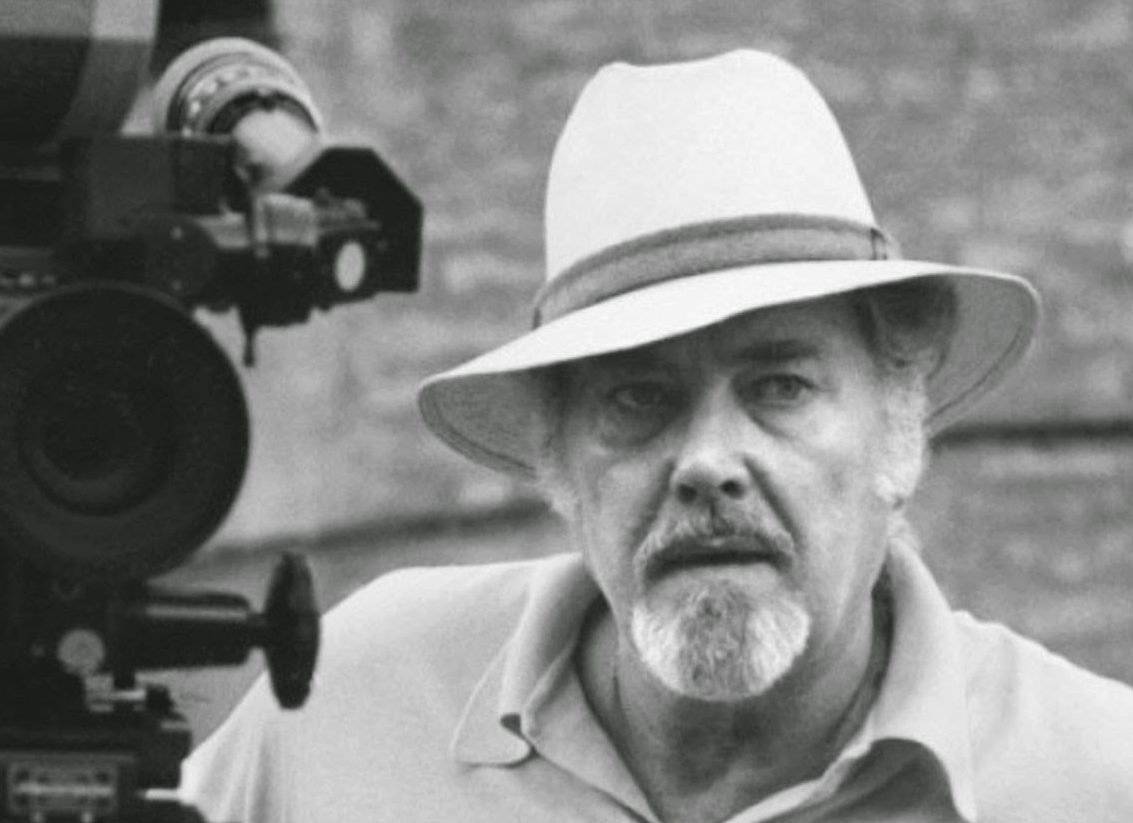

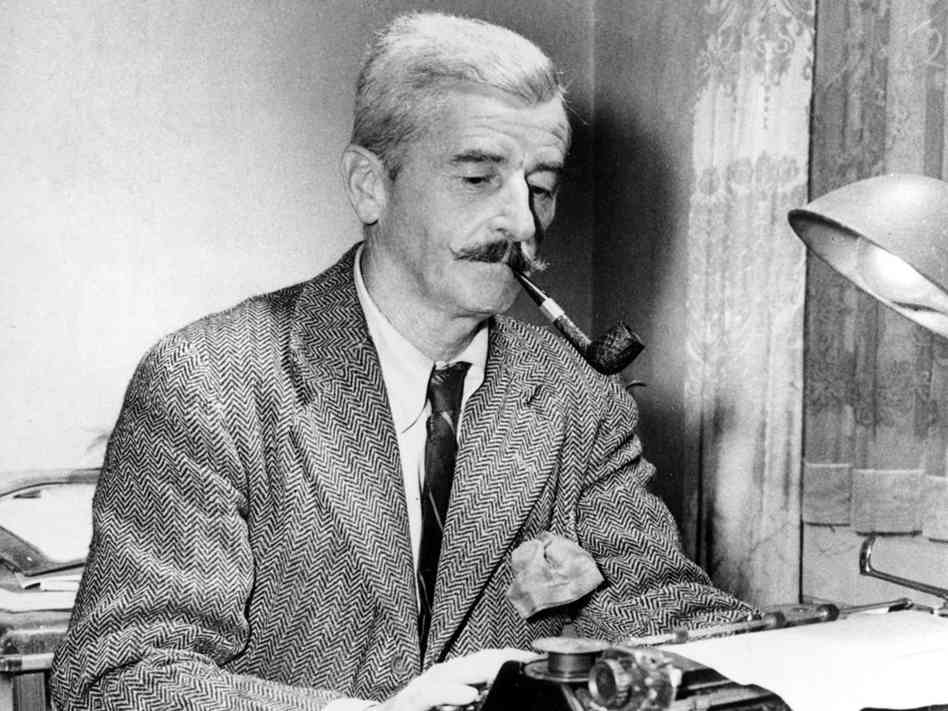






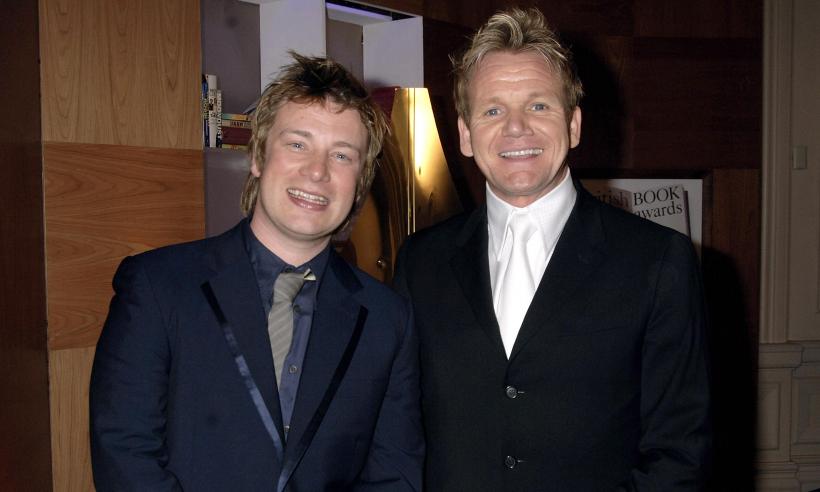
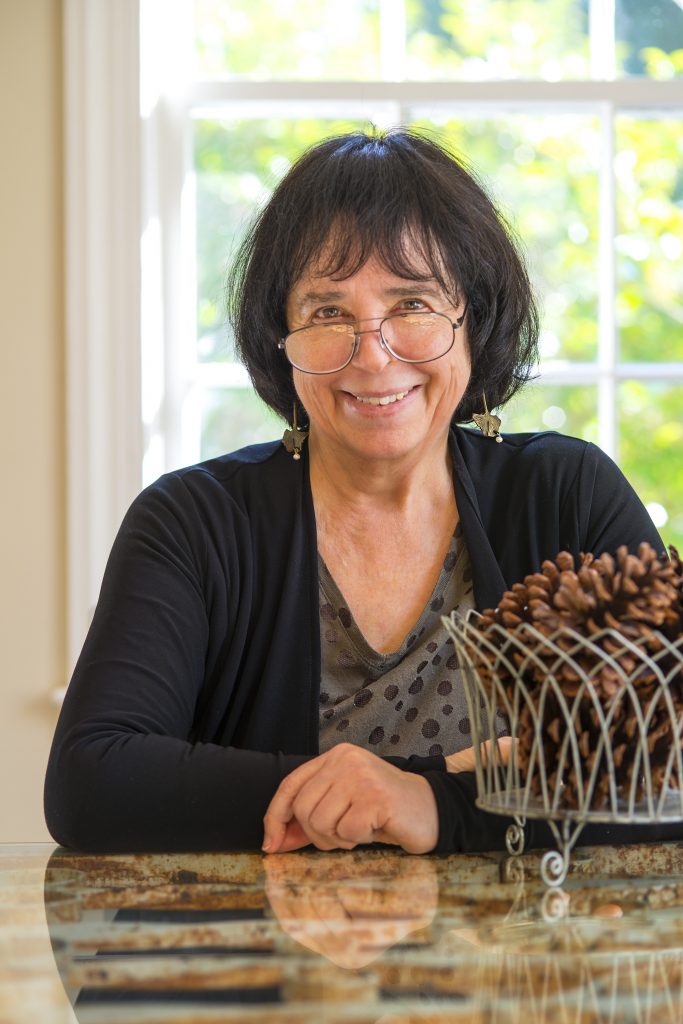


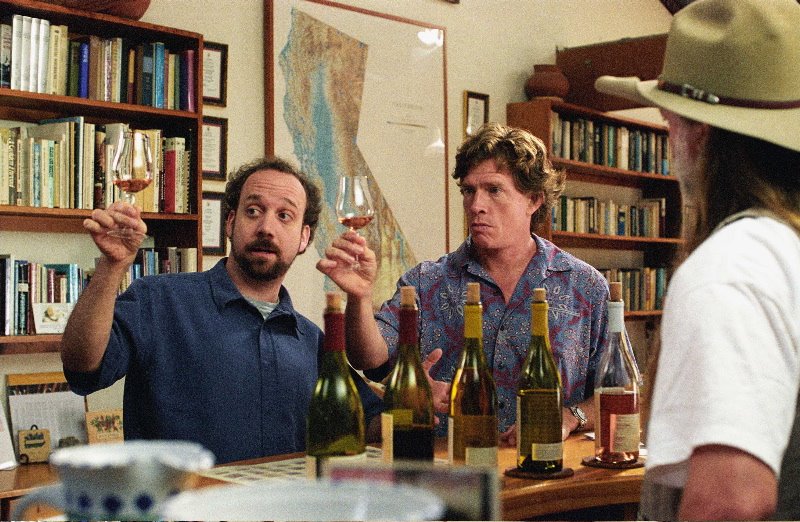


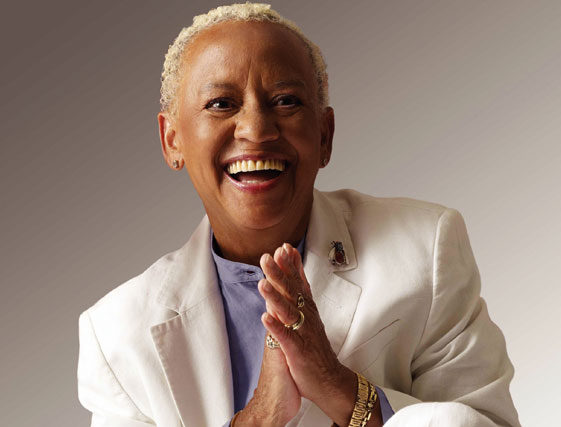
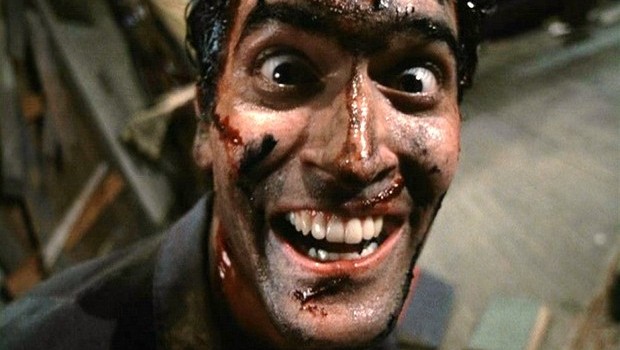




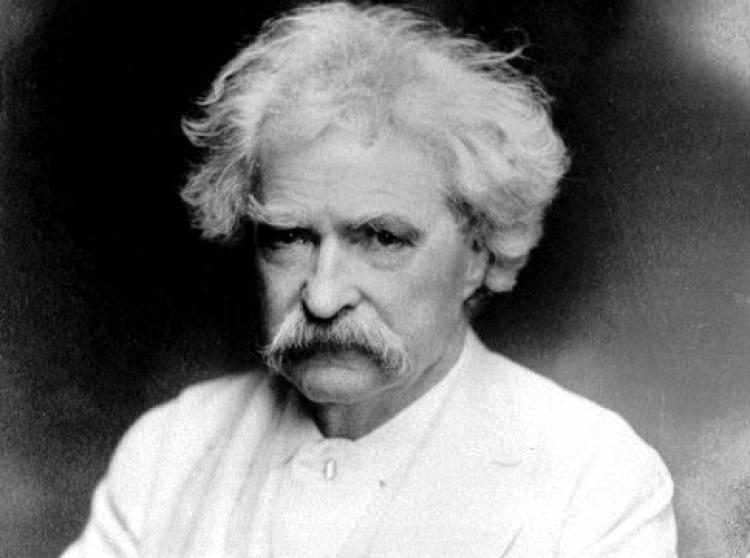
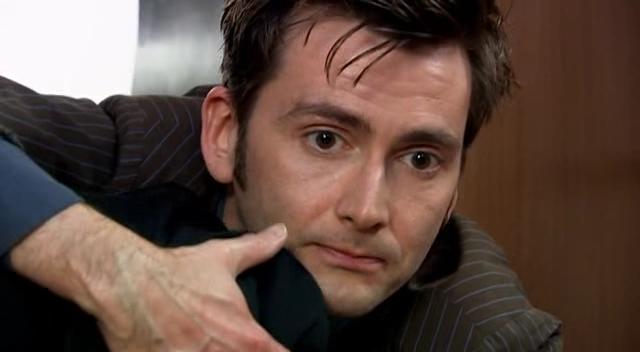
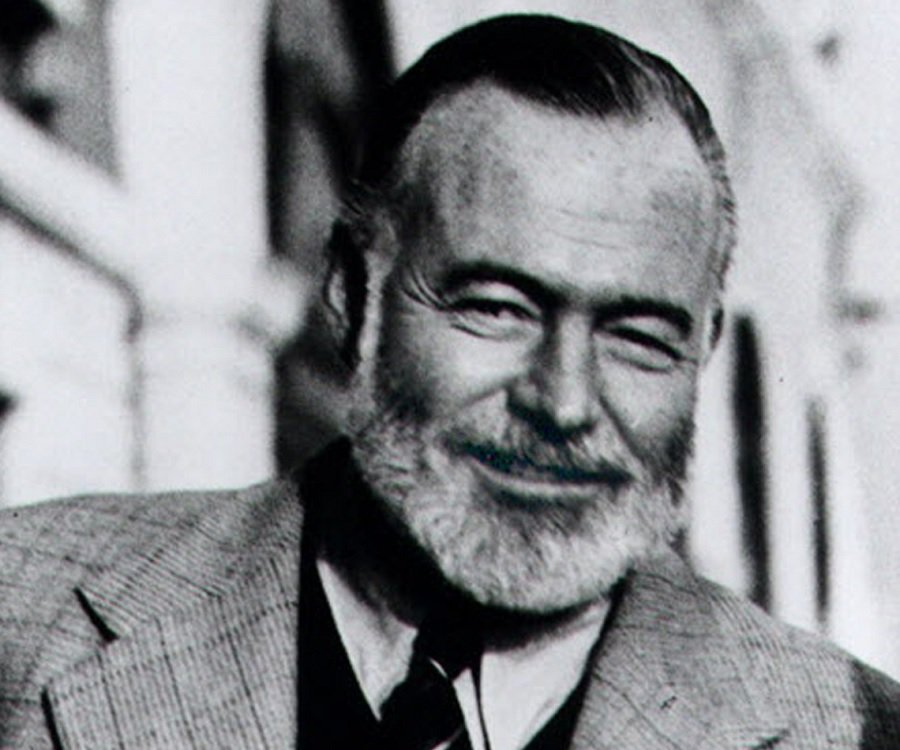
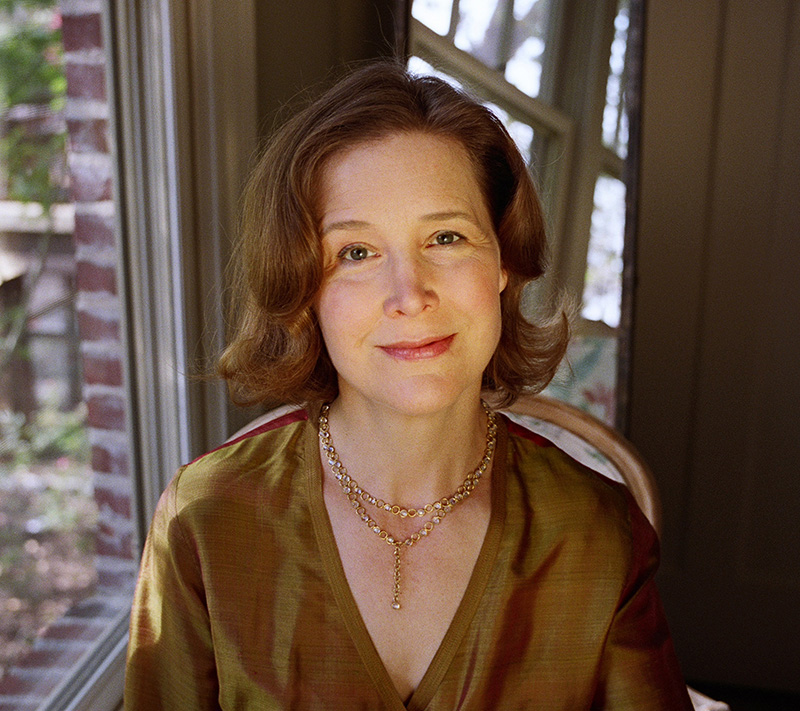
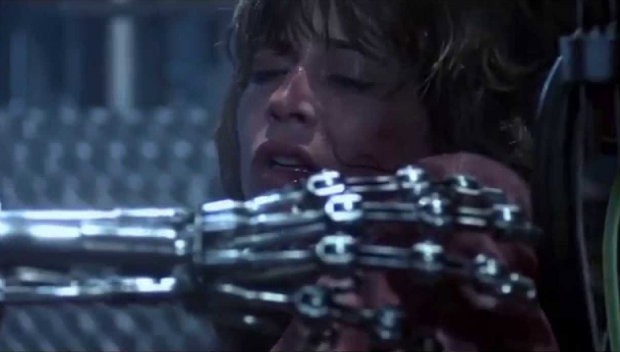


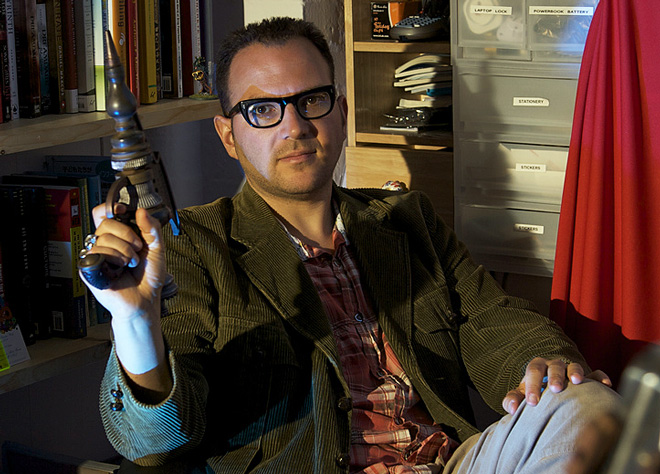
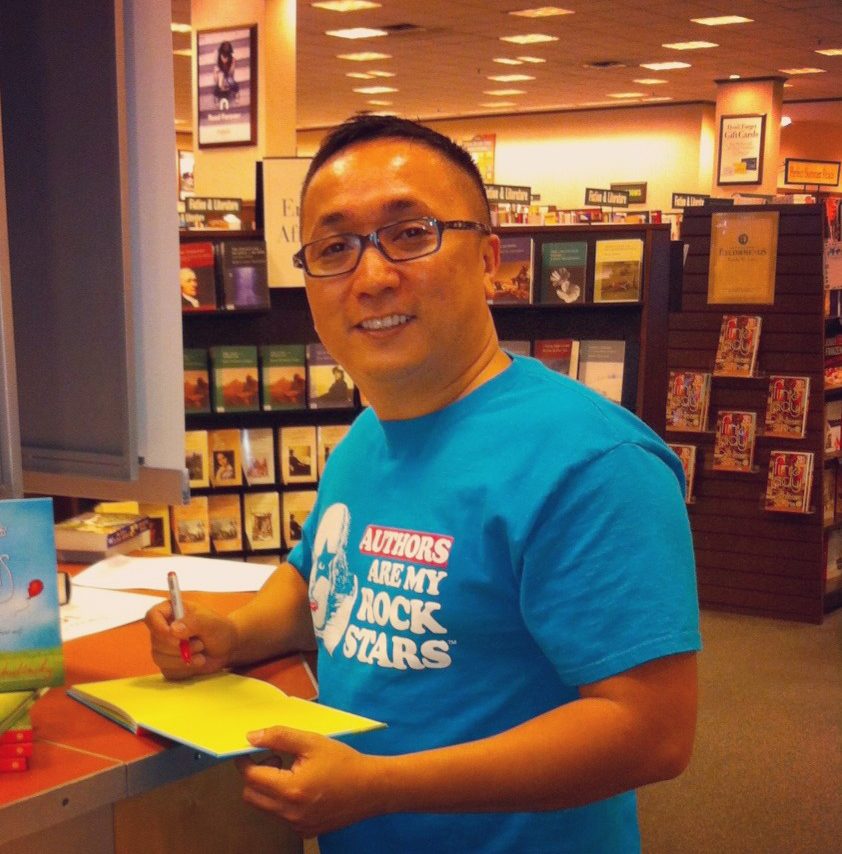

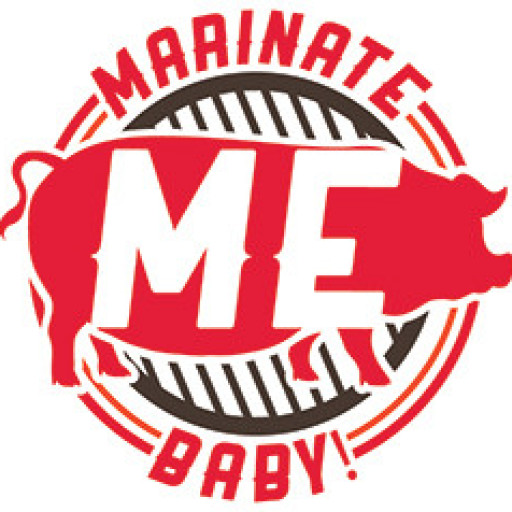
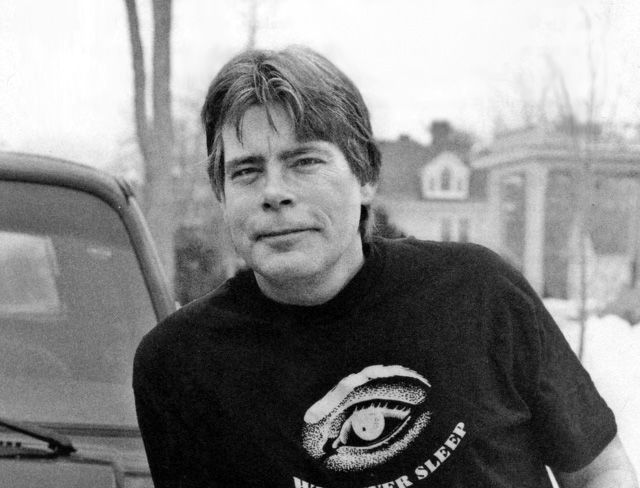

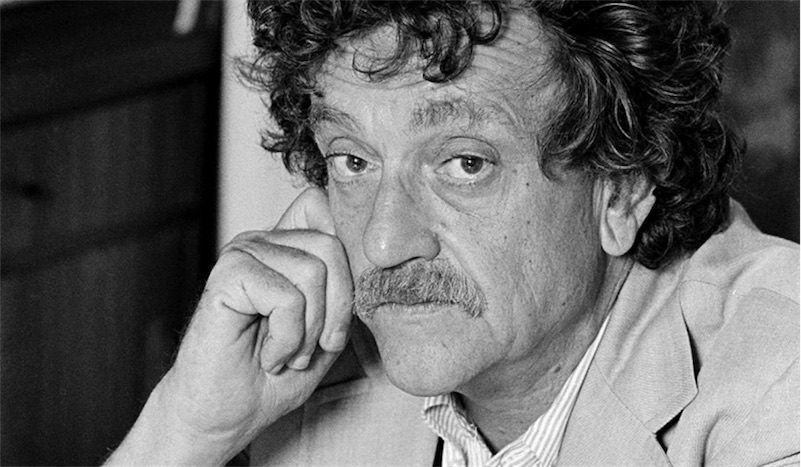
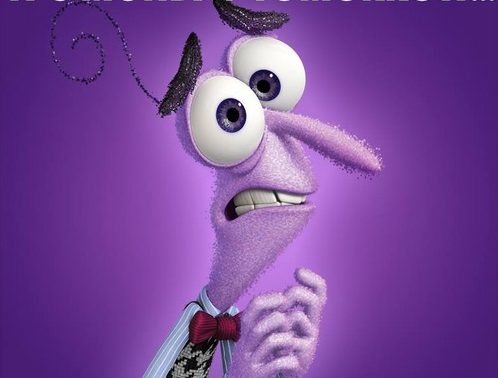



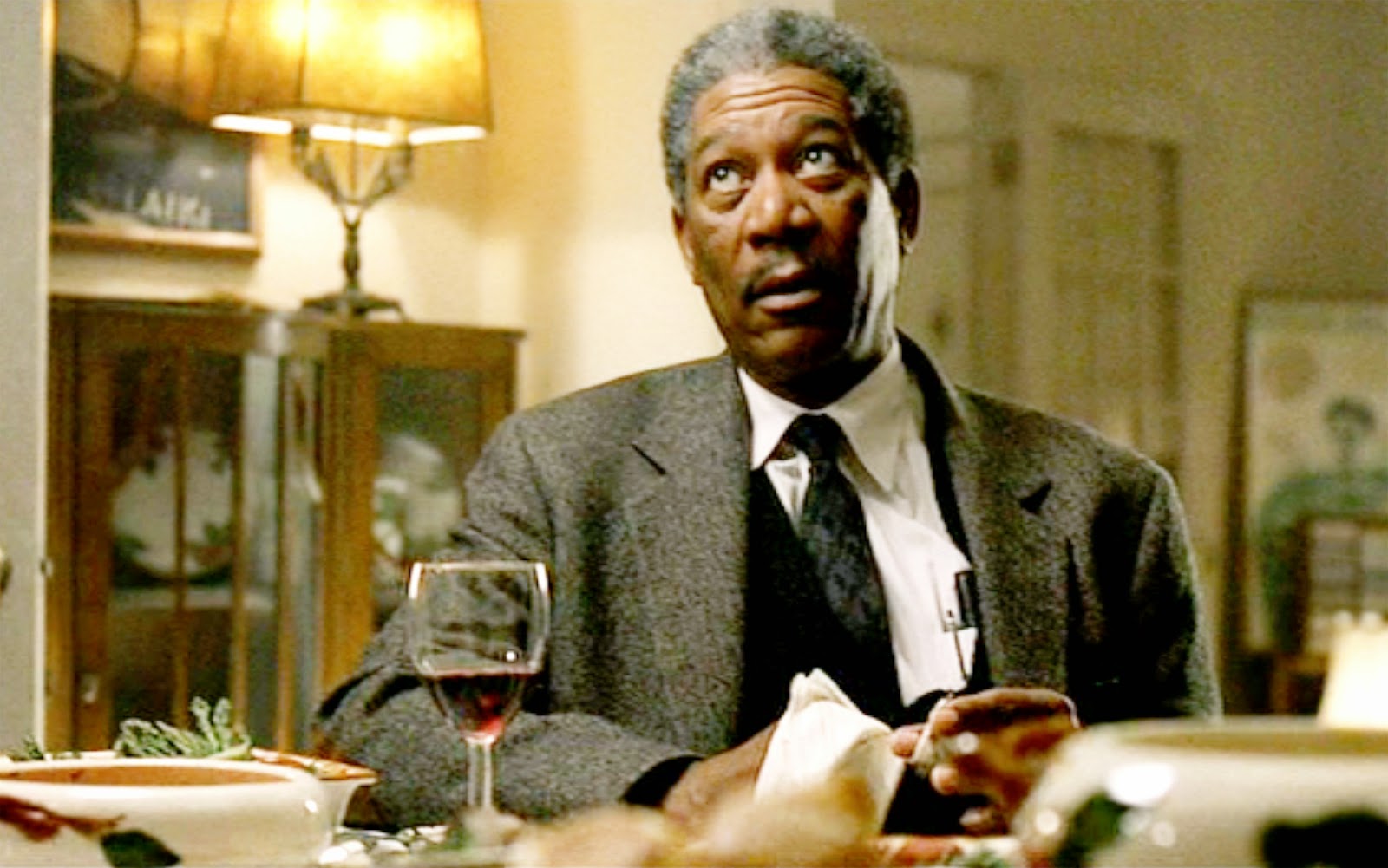










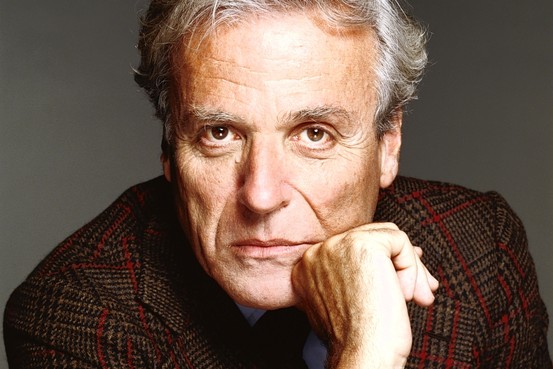

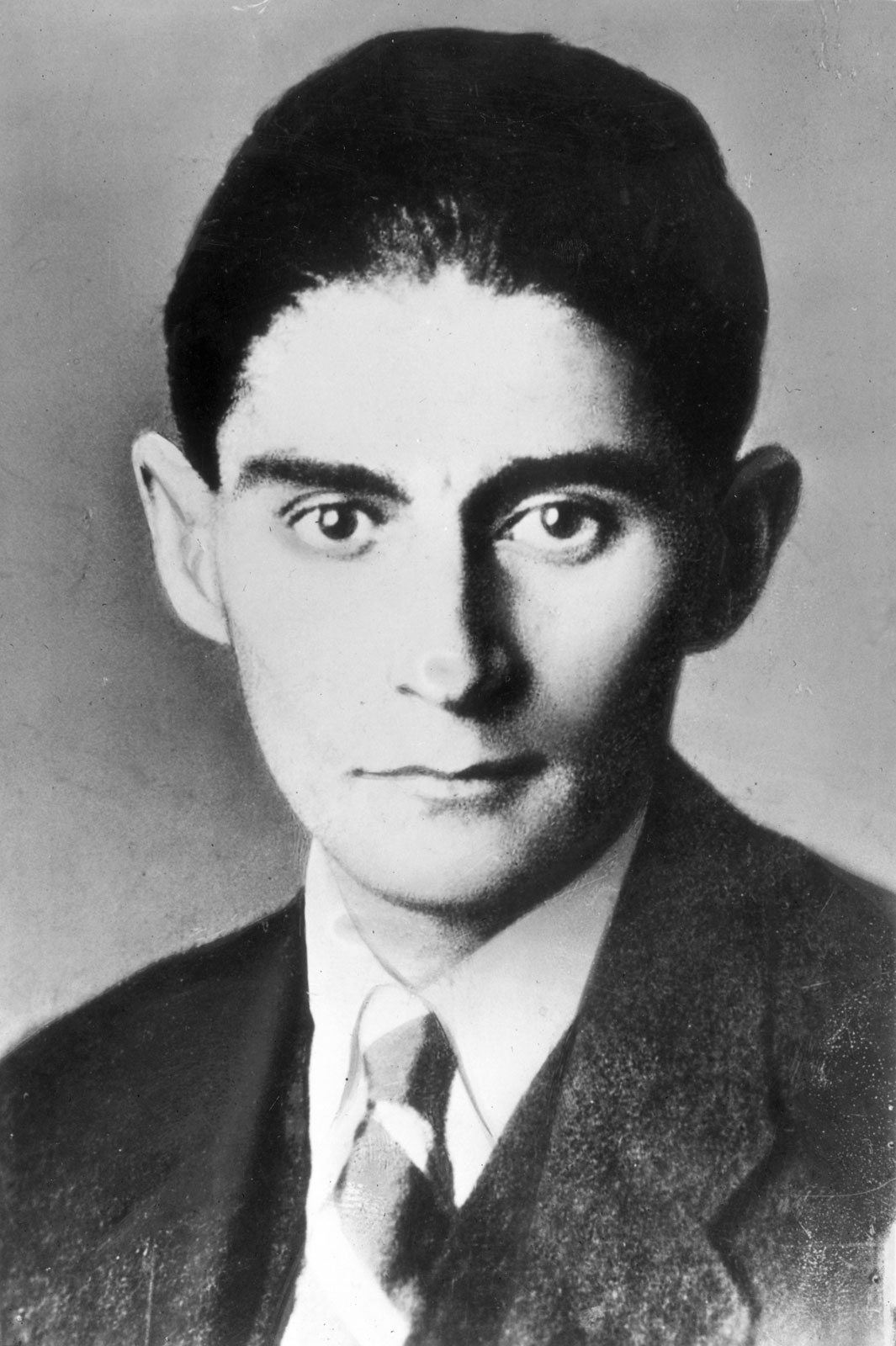
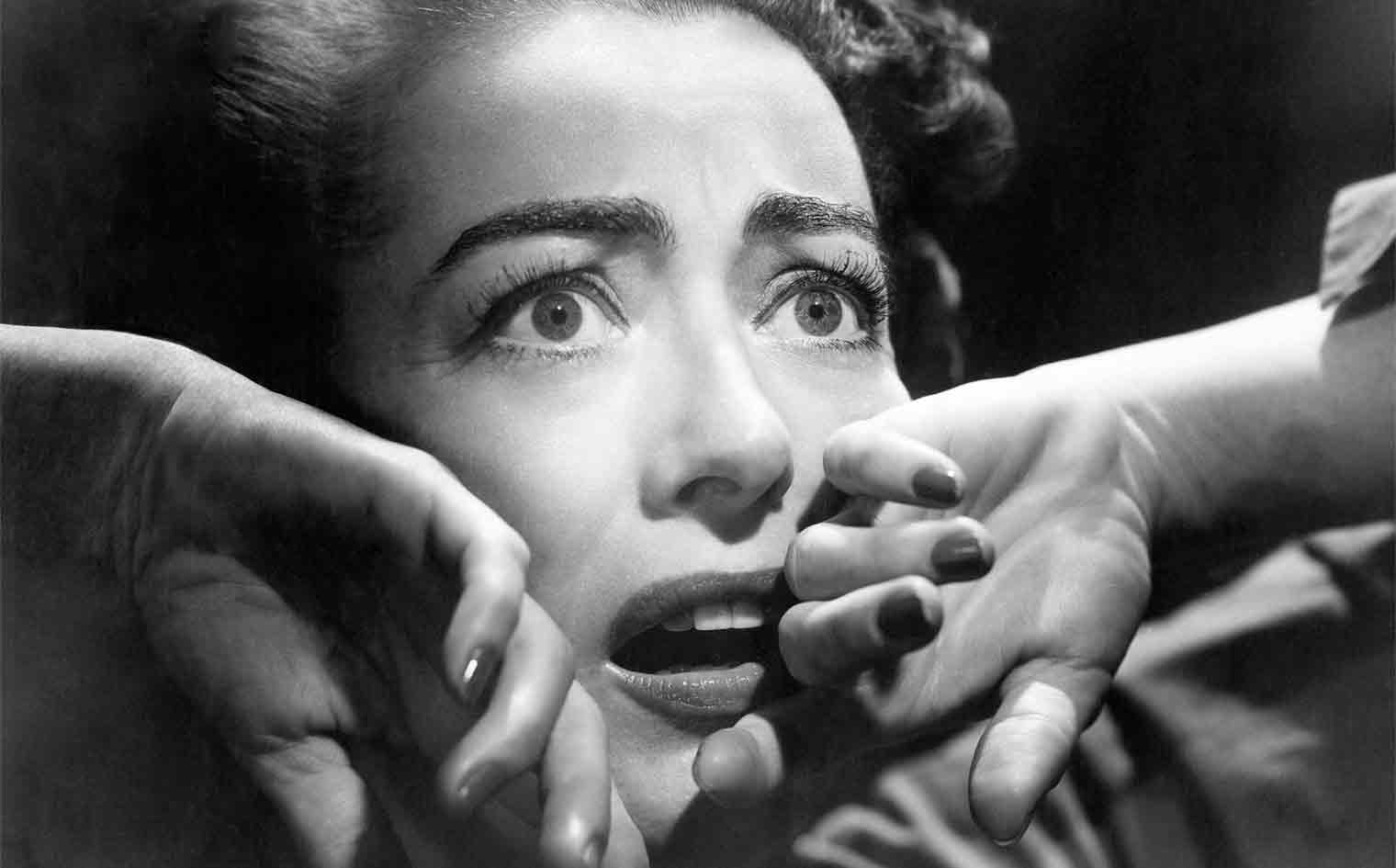

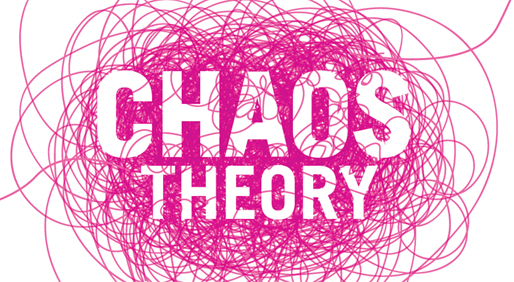


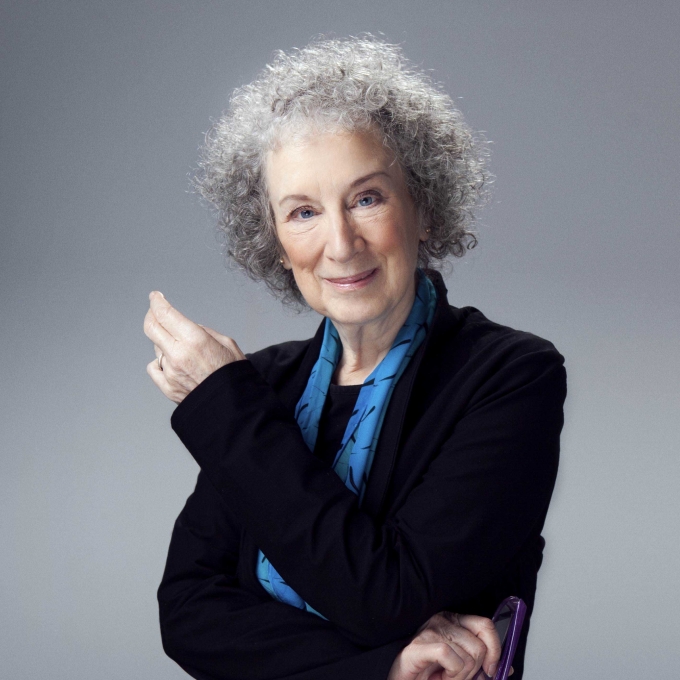




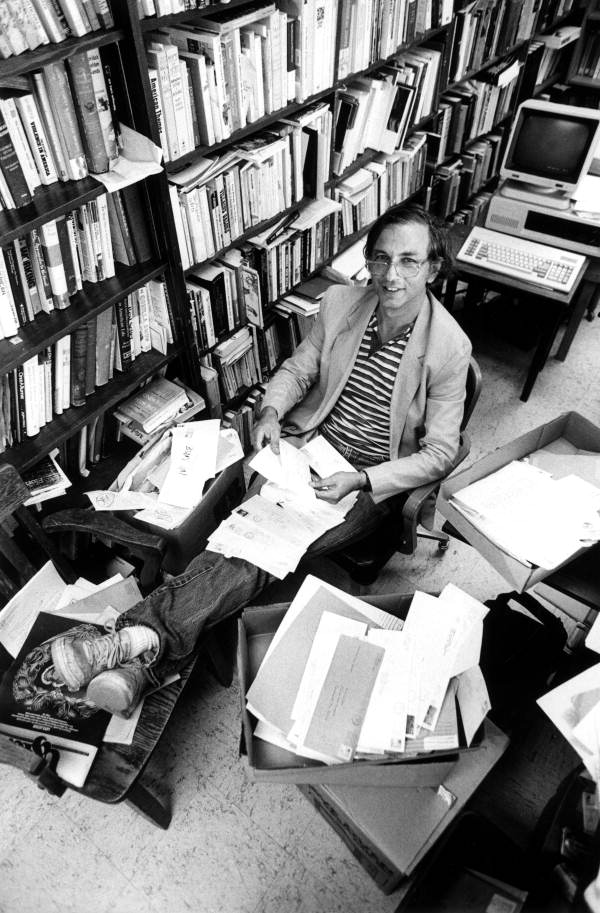

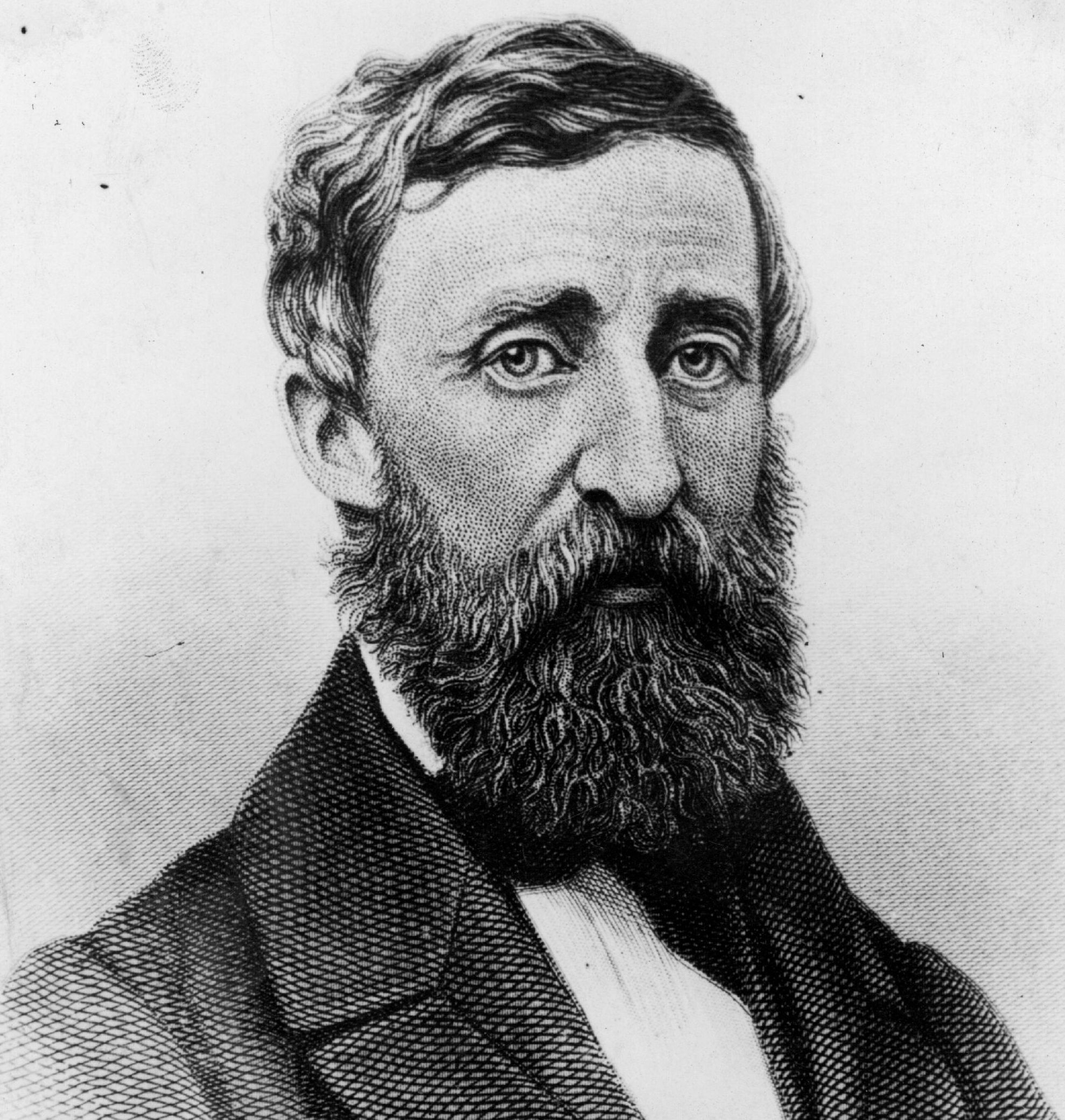
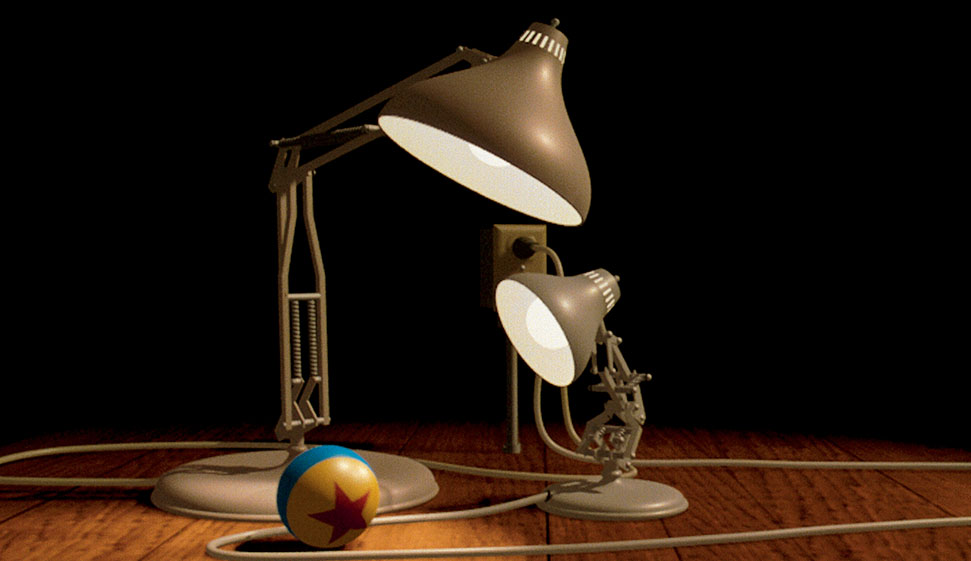

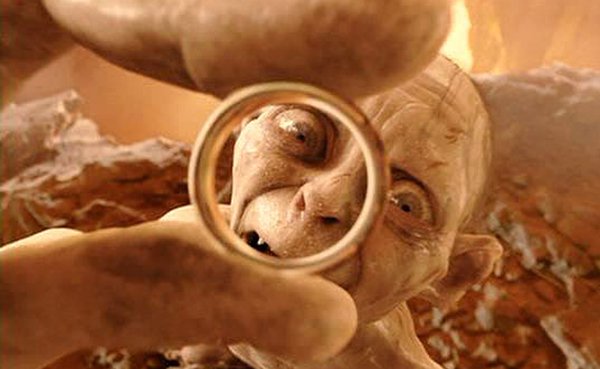
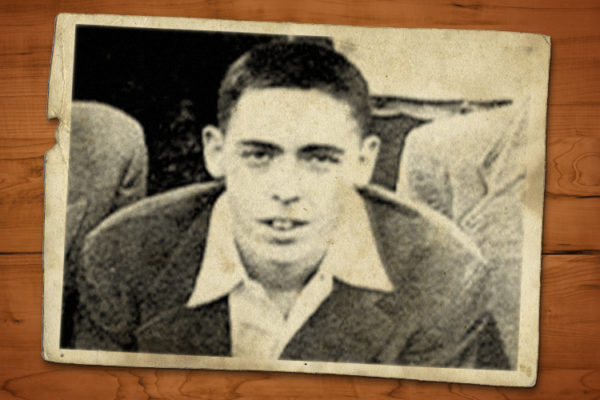


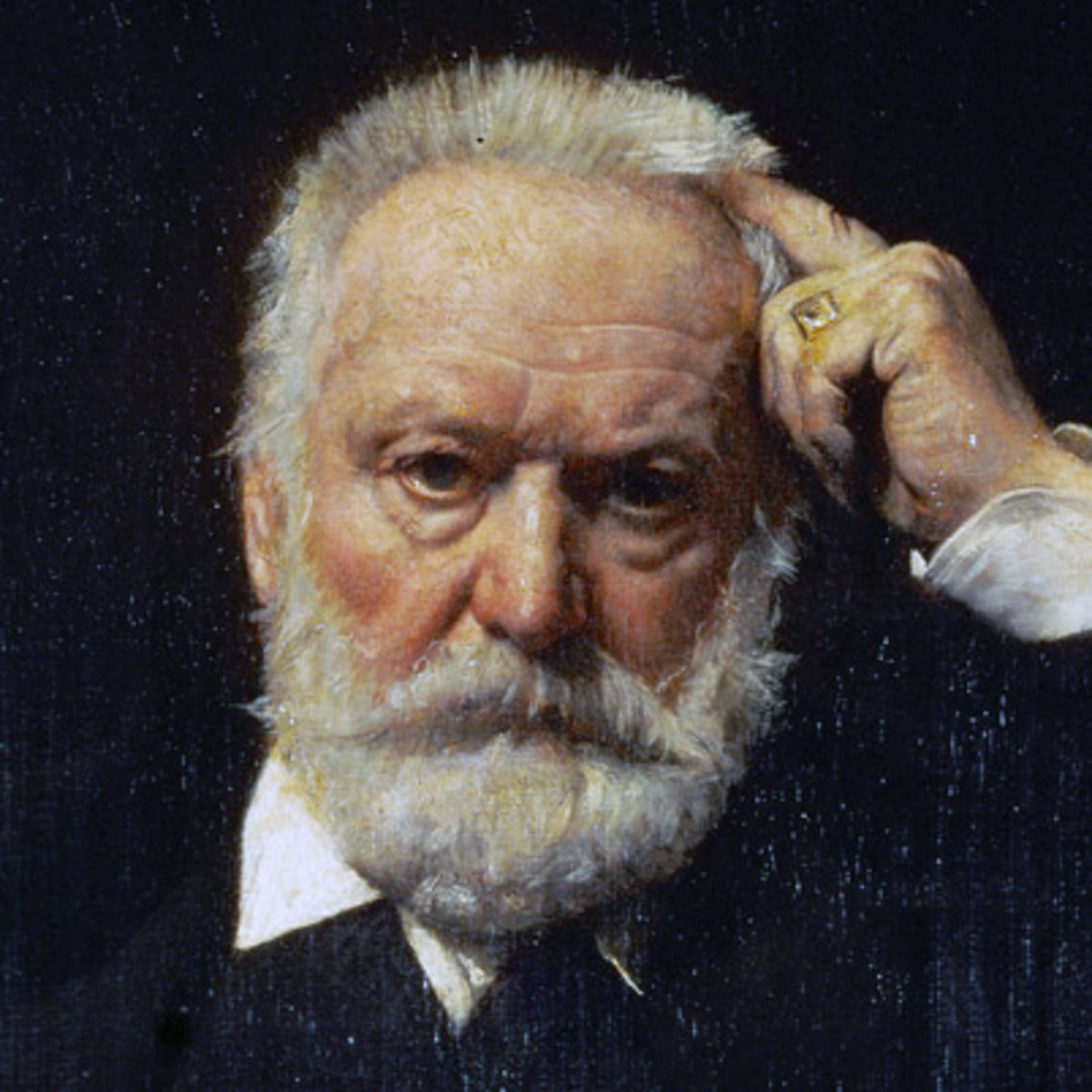
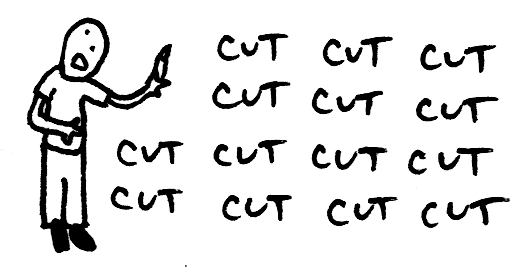
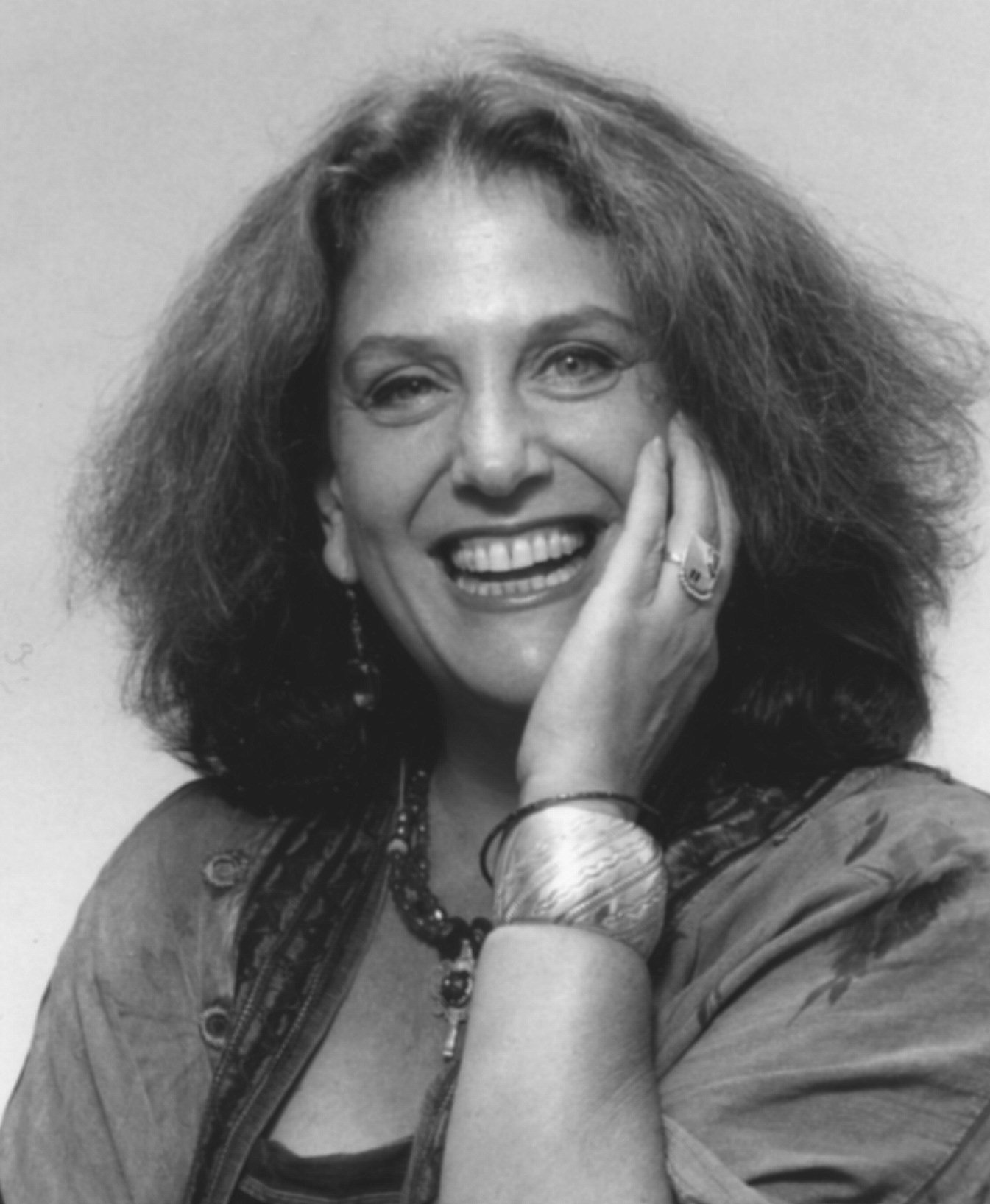
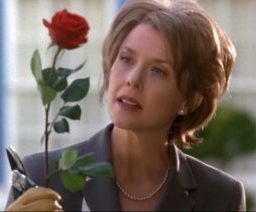


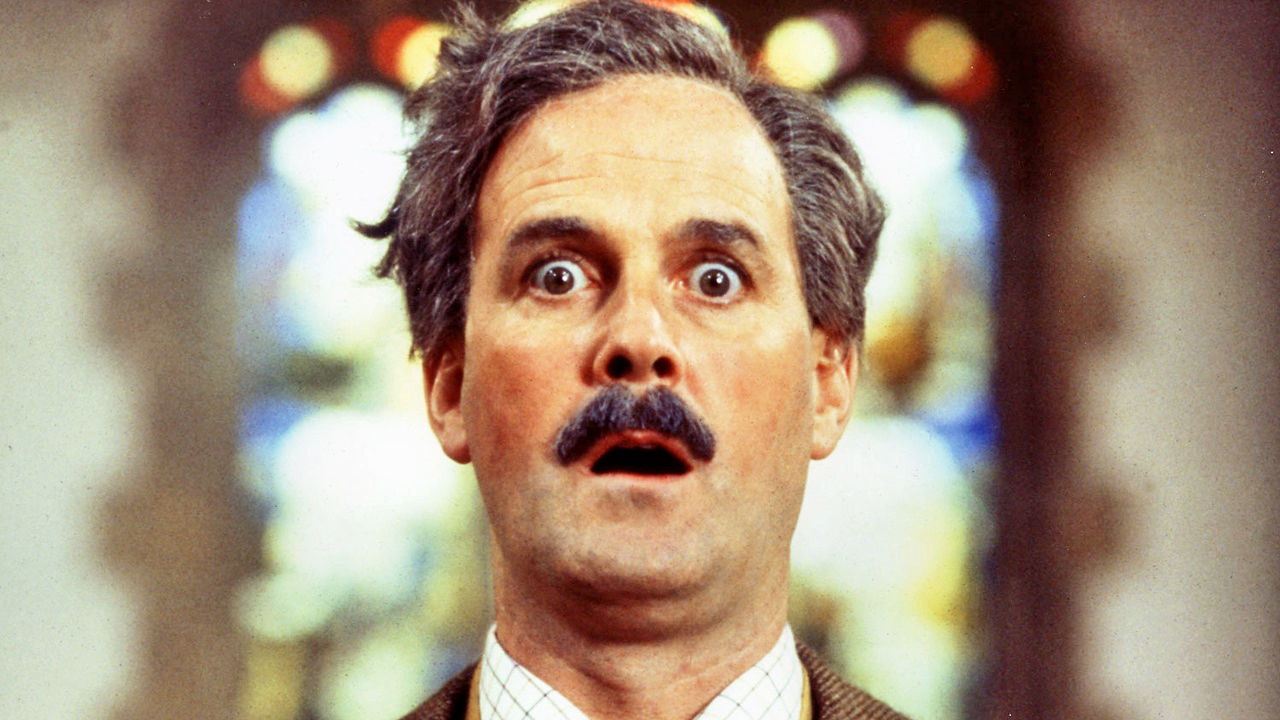
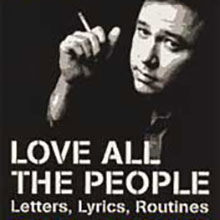


 A Successful and Proven Format
A Successful and Proven Format